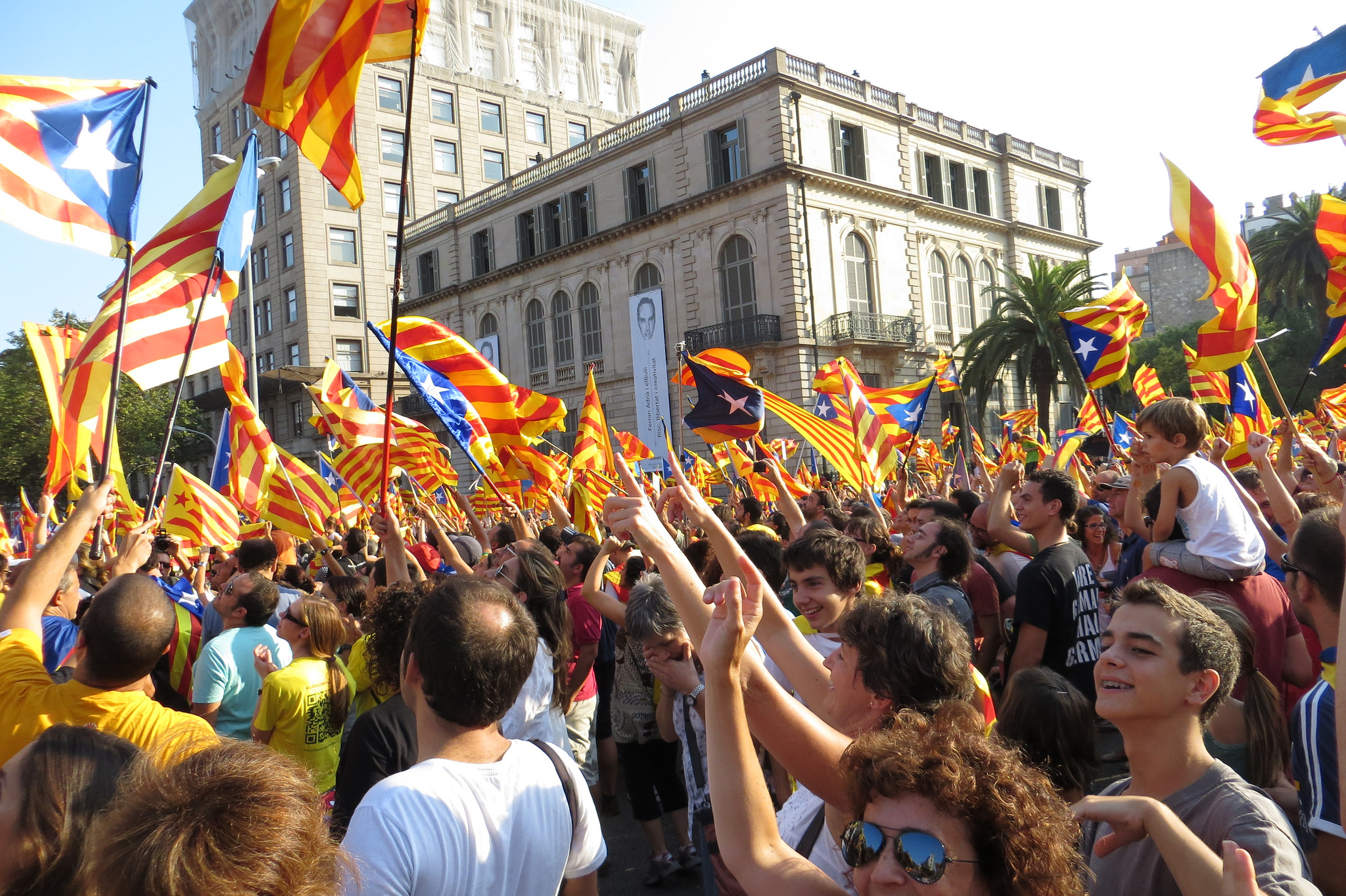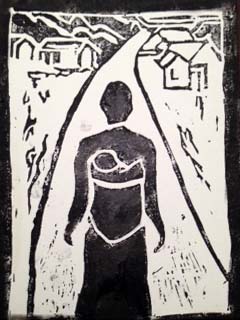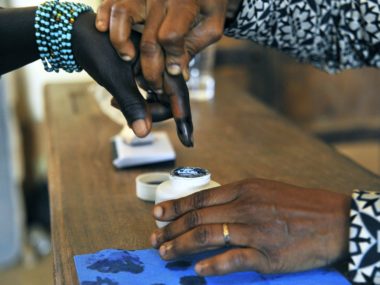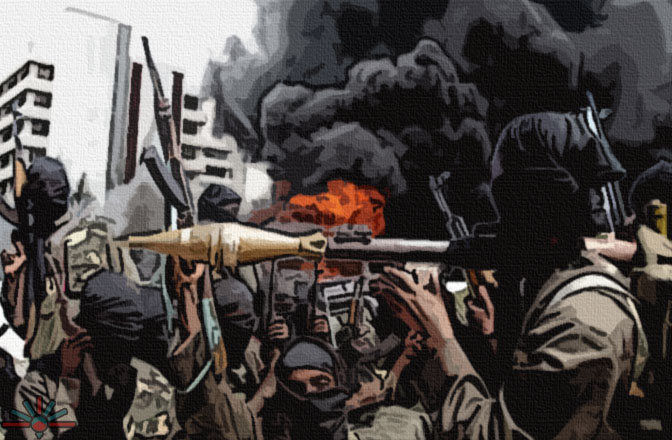Guest post by Katherine Sawyer and Kathleen Gallagher Cunningham.
Although the European Union and United Nations were once seen as the future of world-wide united government, recent events—from the call for a referendum for Hong Kong to cut ties with China, to ongoing fighting in Kashmir, to the vote for Scottish and Catalan independence, to Brexit—all show that movements to self-govern are not an artifact of the past. Instead, they appear to be growing stronger.
Despite debates that the recent UK election might stall its exit from the European Union, the talks cannot be extended without unanimous consent. Several countries, including France, insist that the talks will not be delayed (France wants the “UK out before European elections due in mid-2019”), making UK secession from the EU not only inevitable but likely timely.
And while a majority in Scotland doesn’t want to leave the EU, there is still a significant proportion that wants out of the UK, particularly younger Scots (51 percent support Scottish independence), and an active minority wants no part of either the EU or the UK. This has sparked fear in Spain that Scottish independence will encourage the Catalonian bid for secession. Alfonso Dastis, the Spanish foreign minister is quoted as stating in this article from the Guardian: ‘“We don’t want it [Scottish independence] to happen.’”
In our recent article in International Organization, we examine this global trend towards increased self-determination, using cross-national data on these types of claims from 1960 to 2005. Similar to other political phenomena, such as civil war outbreak, we find that such movements for greater self-determination are spatially contagious. The onset of new self-determination claims, such as those in Scotland, encourage groups in the nearby geographic region, such as the Catalans, to press their own government for greater autonomy and independence. As groups observe the claim-making of their neighbors, their own sensitivity to related grievances and perception of legitimacy grows, motivating these groups to make their own demands for self-governance.
Spatial diffusion has been shown to be a critical mechanism by which new political movements are ignited, and is a source of alarm for states. Other studies have demonstrated that diffusion has the potential to precipitate the onset of violence and civil war as well as peaceful demonstrations, holding implications both for organizational strategies of dissent and state responses to subnational movements. In a study on state responses to rebellion, Danneman and Ritter show that as civil conflict increases near a state’s borders, the government will pre-emptively repress dissent, committing human rights violations in attempts to stop potential domestic unrest.
Much of our existing understanding of diffusion centers on demonstration effects or on the literal spread of combatants and weapons in conflict scenarios. Our new research, however, demonstrates that one of the most common sources of violent conflict—self-determination—is also contagious, regardless of whether it inspires civil war or mass nonviolent action. In contrast to conventional wisdom, we do not find that the success of self-determination movements has a bearing on the spread of claims. Groups do not appear to learn from the successes or failures of their neighbors. Instead, just the onset of claims related to self-determination influence the evolving dynamics of social identification and political claim-making across the globe. Whether states respond positively or negatively within their own borders helps to shape how these claims develop in the political arena.
Katherine Sawyer is an Assistant Professor at Stony Brook University. Her research focuses on political violence and civil war. Kathleen Gallagher Cunningham is an Associate Professor at University of Maryland. Her research centers on self-determination, violence, and nonviolence.








1 comment
Wonder if there’s a diffusion effect for peacemaking and peacebuilding: “Our neighbors are starting a peace process–maybe we should too.”